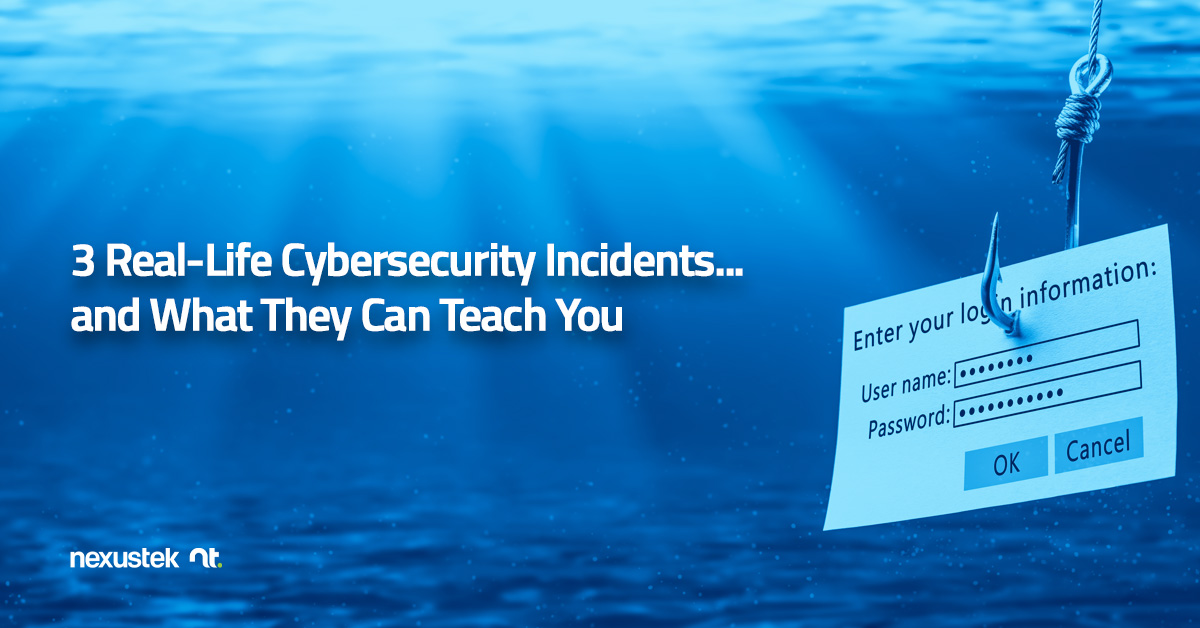
NexusTek Recognized on CRN’s 2023 MSP 500 List
Honored as a leading solution provider for the seventh consecutive year
Denver, CO, February 15, 2023 — NexusTek, a top national cloud, managed IT services, and cybersecurity provider, announced today that CRN®, a brand of The Channel Company, has named NexusTek to its Managed Service Provider (MSP) 500 list in the Elite 150 category for 2023. CRN’s annual MSP 500 list identifies the industry-leading service providers in North America who are driving a new wave of growth and innovation for the channel through forward-thinking approaches to managed services, helping end users increase efficiency and simplify IT solutions, while maximizing their return on investment.
MSPs have become a vital part of the success of businesses worldwide. MSPs not only empower organizations to leverage intricate technologies but also help them keep a strict focus on their core business goals without straining their budgets.
The annual MSP 500 list is divided into three sections: the MSP Pioneer 250, recognizing companies with business models weighted toward managed services and largely focused on the SMB market; the MSP Elite 150, recognizing large, data center-focused MSPs with a strong mix of on- and off-premises services; and the Managed Security 100, recognizing MSPs focused primarily on off-premises and cloud-based security services.
“We at NexusTek are thrilled to be recognized for the seventh consecutive year on CRN’s MSP 500 list, and to be included among the Elite 150 is truly an honor,” said Mike Hamuka, Chief Revenue Officer at NexusTek. “As a managed services provider, we face an ever-changing technology landscape that challenges us to stretch and adapt continuously. But there is one constant that drives us: our customers’ satisfaction. Our solutions are shaped around our customers’ needs and preferences, and it is gratifying to be recognized by CRN for these efforts.”
“Managed services offer a path for businesses of all sizes to remain efficient and flexible as they grow,” said Blaine Raddon, CEO of The Channel Company. “The solution providers on our 2023 MSP 500 list are bringing innovative managed services portfolios to market, helping their customers win by doing more with the IT budgets they have and freeing up resources to focus on mission-critical activities to drive future success.”
The MSP 500 list will be featured in the February 2023 issue of CRN and online at www.crn.com/msp500.
About NexusTek
Trusted by thousands of small and medium-sized businesses (SMBs), NexusTek is a national managed IT services provider with a comprehensive portfolio comprised of end-user services, cloud, infrastructure, cybersecurity, and IT consulting. We design holistic solutions for customers that deliver a superior end-user experience, backed by a 24/7/365 domestically staffed support team. NexusTek Managed Service Plans offer end-to-end IT management with fixed-monthly, per-user pricing through which SMBs can leverage help desk, backup, disaster recovery, dedicated engineers, security, 24×7 remote support, and network monitoring services while creating predictable IT budgets.
About The Channel Company
The Channel Company enables breakthrough IT channel performance with our dominant media, engaging events, expert consulting and education, and innovative marketing services and platforms. As the channel catalyst, we connect and empower technology suppliers, solution providers and end users. Backed by more than 30 years of unequalled channel experience, we draw from our deep knowledge to envision innovative new solutions for ever-evolving challenges in the technology marketplace. www.thechannelco.com








